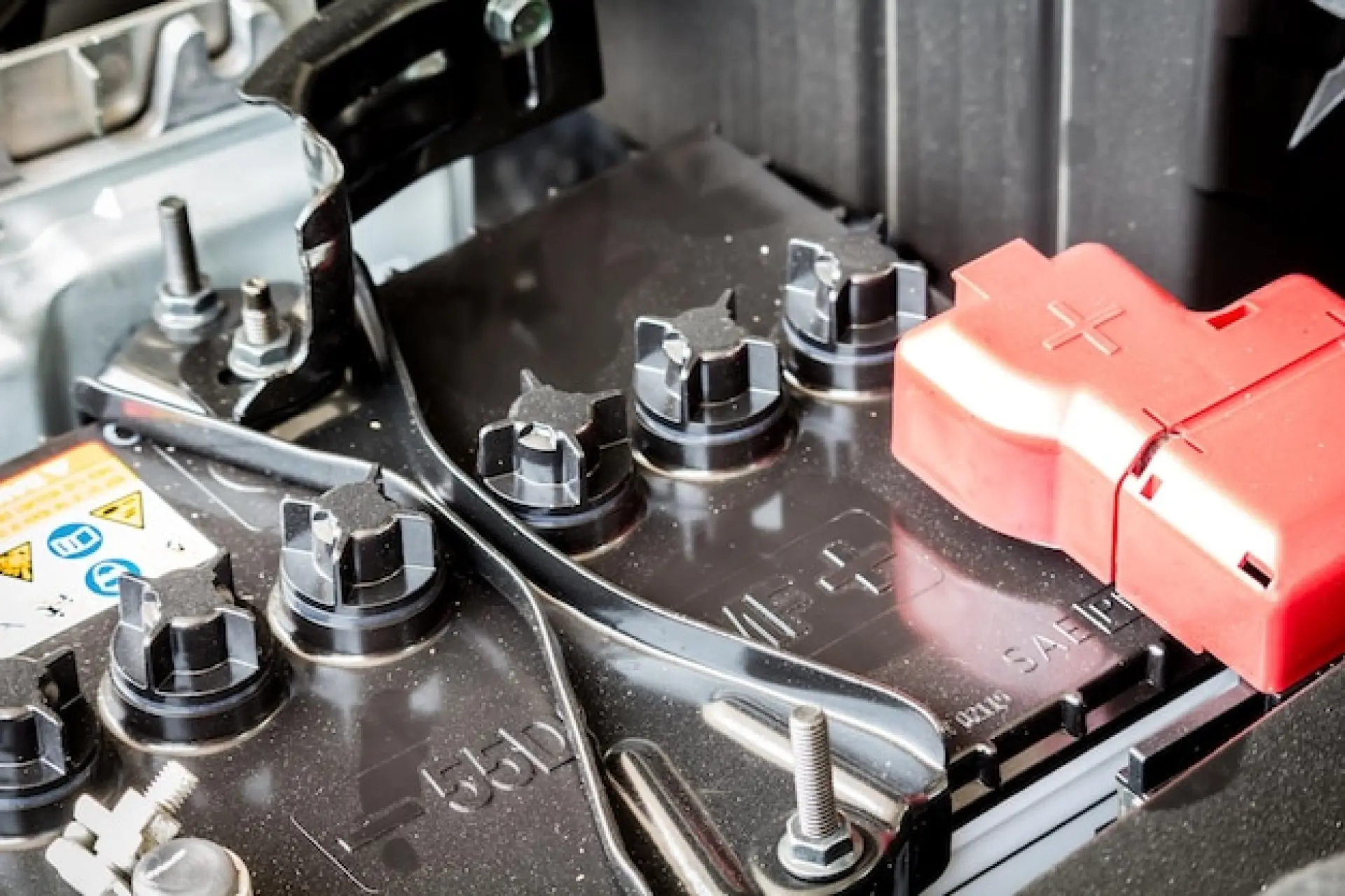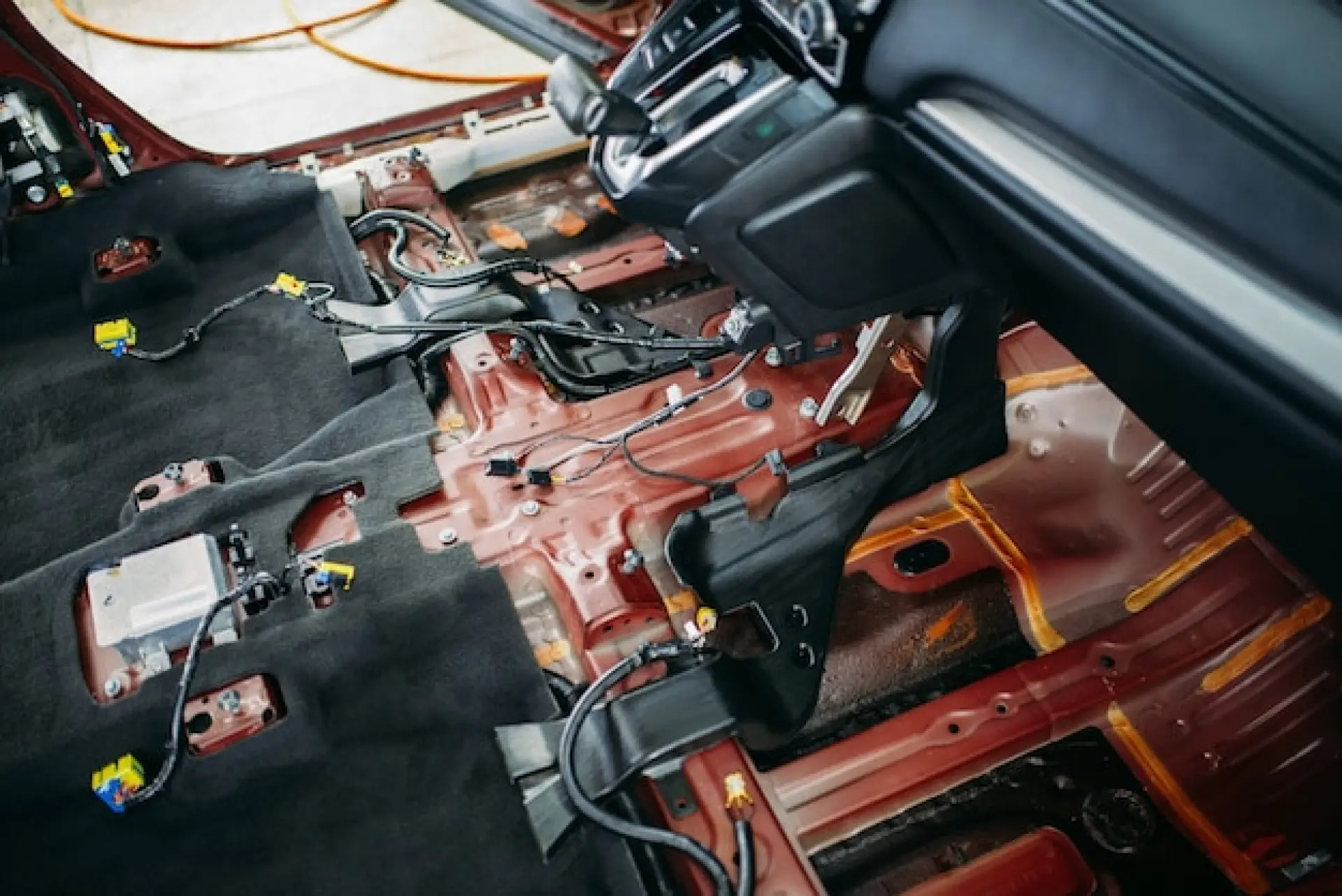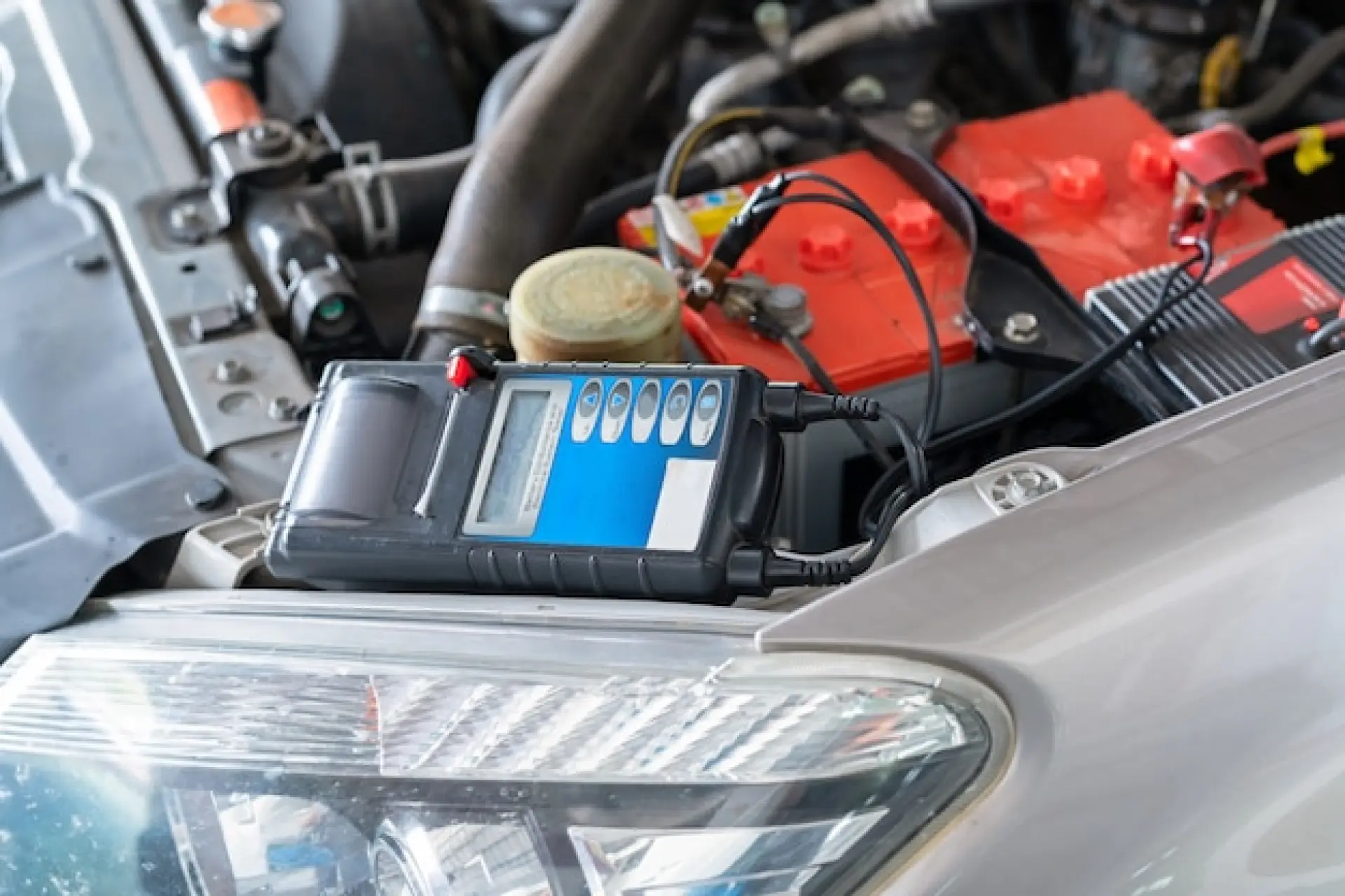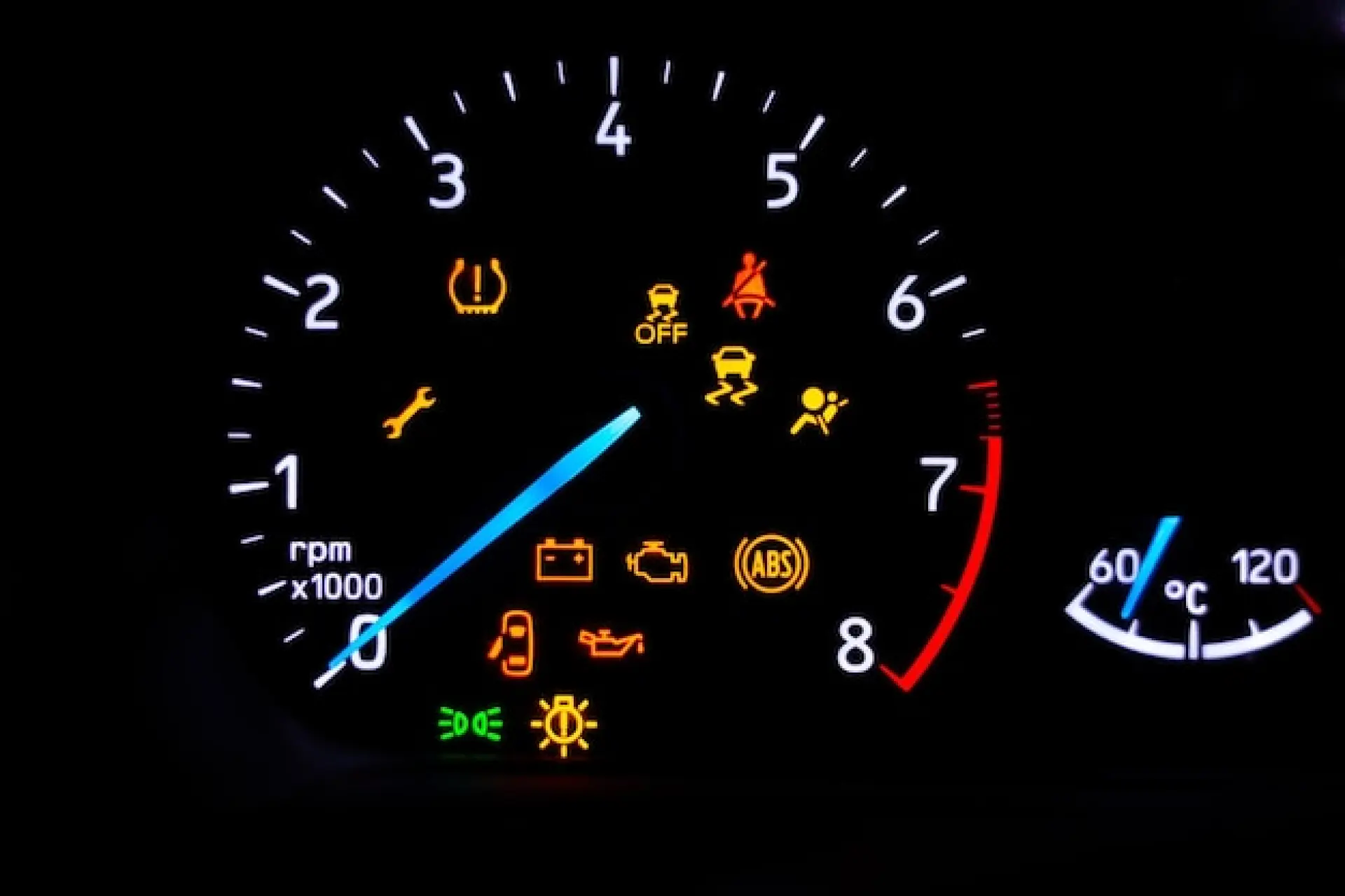Discover the importance of regular vehicle electrical maintenance. Prevent unexpected breakdowns and malfunctions with regular checks to boost performance and safety.
Preventing Unexpected Breakdowns
A well-maintained vehicle electrical system helps prevent unexpected breakdowns. Faulty wiring, worn-out fuses, and loose connections can lead to engine failures, ignition issues, or even complete power loss.
Regular inspections allow potential problems to be detected early, reducing the risk of sudden malfunctions. Checking the battery terminals, alternator output, and fuse box can help ensure everything functions correctly.
Addressing minor electrical issues promptly prevents costly repairs and the inconvenience of being stranded on the road. A vehicle’s electrical system powers essential functions, including starting the engine, fuel injection, and dashboard displays, so keeping it in good condition is crucial for reliable performance. Routine maintenance enhances safety and reduces the likelihood of unexpected failures.
Ensuring Reliable Battery Performance
The battery is the heart of a vehicle’s electrical system, and regular maintenance ensures it performs reliably. Over time, corrosion on terminals, loose connections, or a weak charge can reduce battery efficiency and lead to difficulties starting the engine.
Regular checks help identify early signs of battery failure, allowing for timely replacements before a complete breakdown occurs. Cleaning the battery terminals, ensuring secure connections, and testing the charge level can prolong its lifespan.
Extreme weather conditions, particularly cold temperatures, can impact battery performance, making routine maintenance even more important. By keeping the battery in optimal condition, drivers can avoid unexpected issues and ensure their vehicle starts smoothly every time.

A weak or failing battery can place unnecessary strain on other components of the electrical system, leading to more extensive and costly repairs.
Modern vehicles rely heavily on electronic systems, including infotainment, safety features, and onboard computers, all of which require a stable power source.
Ensuring that the battery remains in peak condition helps maintain the efficiency of these systems. Using a voltmeter to check battery voltage and investing in a battery charger for prolonged inactivity can extend its lifespan.
Additionally, seeking professional assistance for a battery health check can prevent unexpected failures and ensure the vehicle remains operational in all conditions.
Maintaining the Alternator and Charging System
The alternator plays a crucial role in keeping the battery charged and supplying power to the vehicle’s electrical components. If the alternator fails, the battery will quickly lose charge, resulting in engine stalling and power loss. Regular inspections of the alternator and charging system can help detect warning signs such as dimming headlights, dashboard warning lights, or unusual noises.
Checking the drive belt for wear and ensuring proper tension prevents alternator issues. Routine maintenance also includes testing voltage output to ensure it meets manufacturer specifications. Addressing alternator problems early prevents complete system failure and ensures that all electrical components function correctly, keeping the vehicle running smoothly.
Avoiding Electrical Faults That Affect Safety
Electrical faults in a vehicle can compromise safety, making regular maintenance essential. Malfunctions in crucial systems such as anti-lock brakes, airbags, and traction control can increase the risk of accidents. Issues like faulty wiring, sensor failures, or corroded connectors can prevent these safety systems from working as intended.
Regular inspections help identify and repair electrical faults before they become serious hazards. Ensuring that all warning lights function correctly can provide an early indication of potential electrical issues. By keeping the vehicle’s electrical system in good condition, drivers can rely on essential safety features to operate properly, improving road safety for themselves and others.

Neglecting electrical maintenance can lead to intermittent issues that may be difficult to diagnose, such as flickering dashboard lights or sudden power loss while driving.
These faults can cause distractions or unexpected system failures, reducing the vehicle's overall safety. Regularly testing electrical connections, checking for worn-out wiring, and ensuring all sensors function properly can help prevent these problems.
Advanced diagnostic tools can detect hidden faults, allowing for timely repairs before they escalate. Addressing electrical issues promptly can enhance driving safety, reduce long-term repair costs, and prevent potential accidents caused by sudden electrical failures.
Keeping Lights and Indicators Functioning Properly
Properly functioning lights and indicators are essential for visibility and communication with other road users. Faulty headlights, brake lights, or turn signals can lead to accidents, particularly in low-light conditions or poor weather. Regularly checking bulbs, wiring, and fuses ensures all lights operate correctly.
Dirty or fogged-up lenses can also reduce brightness, so cleaning and replacing damaged components improves visibility. A failing electrical system can cause flickering or dim lights, indicating potential wiring or battery issues that require attention. Routine maintenance helps prevent these problems, ensuring that lights and indicators work reliably to keep the vehicle safe on the road.
At Vehicle Keys And Electrical, we're here to provide a number of car and vehicle electrical services. If you're experiencing issues with your car engine, battery, alternator, or more, give us a call today.






